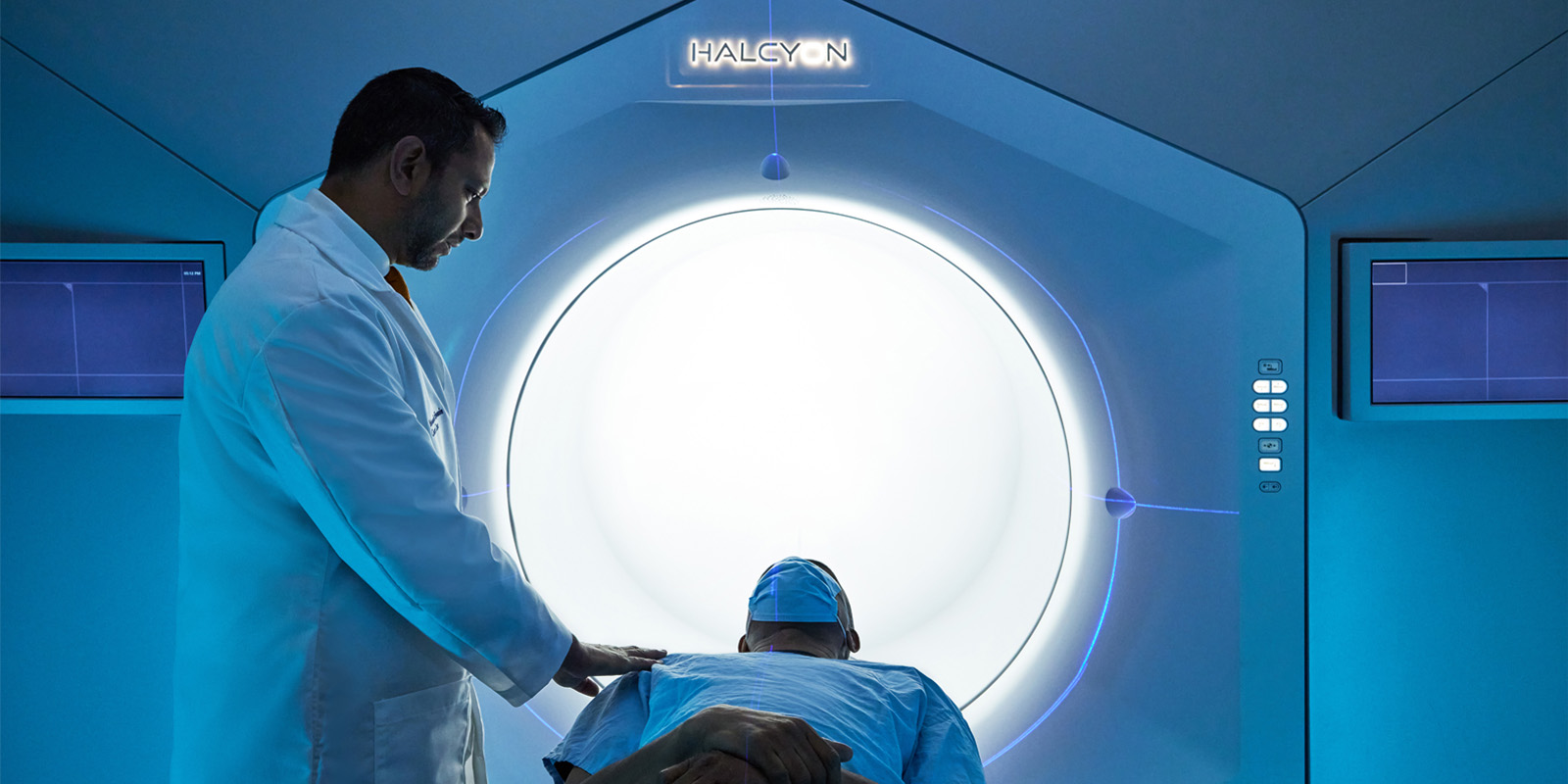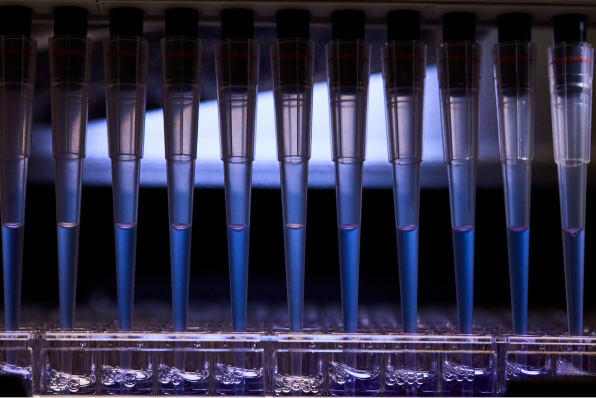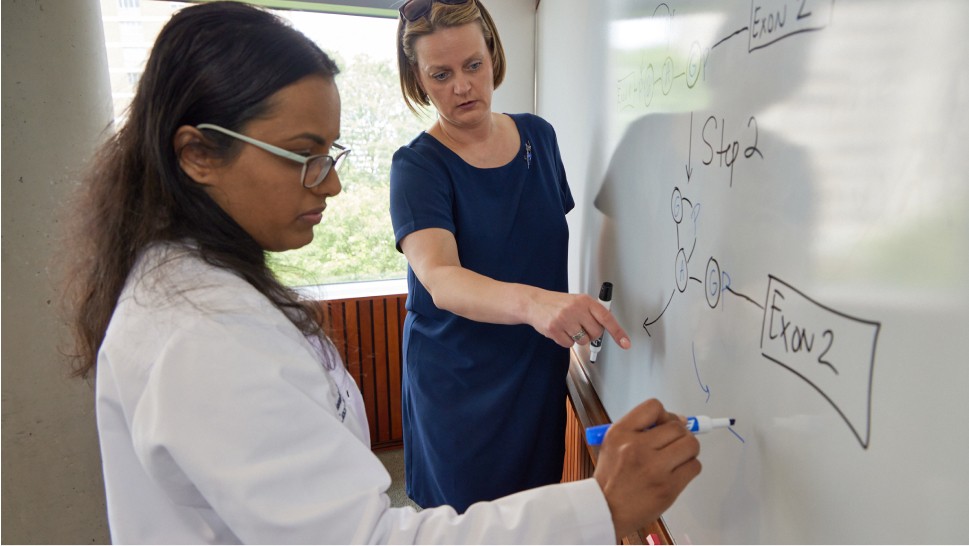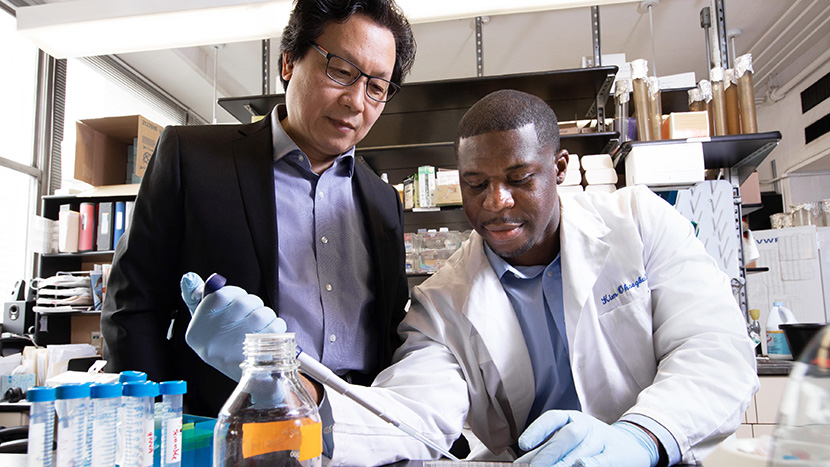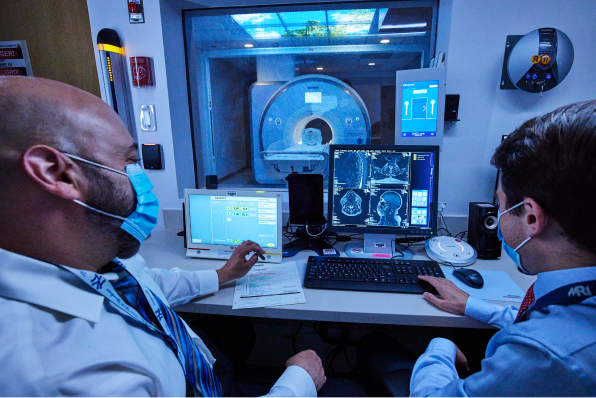Skin Cancer Screening
Regular skin screenings are key to finding skin cancer in its earliest stages when treatment is easiest and most effective. At Montefiore Einstein Comprehensive Cancer Center, our dermatologists specializing in skin cancer offer expert care to help you prevent and detect the disease.
Time to get tested for Skin Cancer?
Skin Cancer Screening Program
Keeping your skin healthy is important for your overall health and wellbeing. For your convenience, Montefiore Einstein Medical Center offers skin cancer screenings at our clinical locations and throughout the community. We also partner with Essen Health Care to bring skin cancer screening and education to even more people in our community.
About Skin Cancer Prevention & Screening
Skin cancer is the most commonly diagnosed cancer in the U.S. But when it’s found early, skin cancer is often easier to treat than most types of cancer. In fact, in many cases, skin cancer can be cured.
To lower your risk of developing skin cancer:
- Avoid spending a lot of time in the sun
- Do not use indoor tanning beds
- Use a broad-spectrum sunscreen with a sun protection factor (SPF) of 30 or higher when outdoors
- Wear clothing that protects you from the sun when outdoors, such as long sleeves, long pants and wide-brimmed hats
Regular skin exams are important for everyone. There are two types of skin cancer screenings:
- Skin cancer screening by a doctor: Annual skin exams by a dermatologist can help you find skin changes. Your doctor will thoroughly examine your skin and, in some cases, take pictures to track any changes over time.
- Skin self exams: Doing monthly skin self-exams at home between doctor visits can also play an important role in skin cancer early detection. These exams help you get to know moles, freckles and other skin markings on your body and identify any that are new or change in shape or size. Do your exam in a well-lit area. Using mirrors and getting assistance from others can also be helpful. When checking your moles, remember the acronym “ABCDE” and look for:
- Asymmetry—one half of a mole doesn’t match the other half
- Border irregularity—a mole’s edges are ragged or blurred
- Color—the color is not the same throughout
- Diameter—the spot is bigger than the size of a pencil eraser
- Evolvement—the mole changes in appearance over time
Contact a doctor if you notice skin changes or have a potentially irregular mole.
High Risk for Skin Cancer
Anyone can get skin cancer. However, some people have a higher risk than others.
Factors that put you at higher risk for skin cancer include:
- Aging
- Being a natural blonde or red head
- Excessive exposure to ultraviolet (UV) light from the sun or indoor tanning beds
- Having a family history of skin cancer
- Having a history of precancerous skin growths
- Having unusual, large or more than 50 moles
- Having a weakened immune system
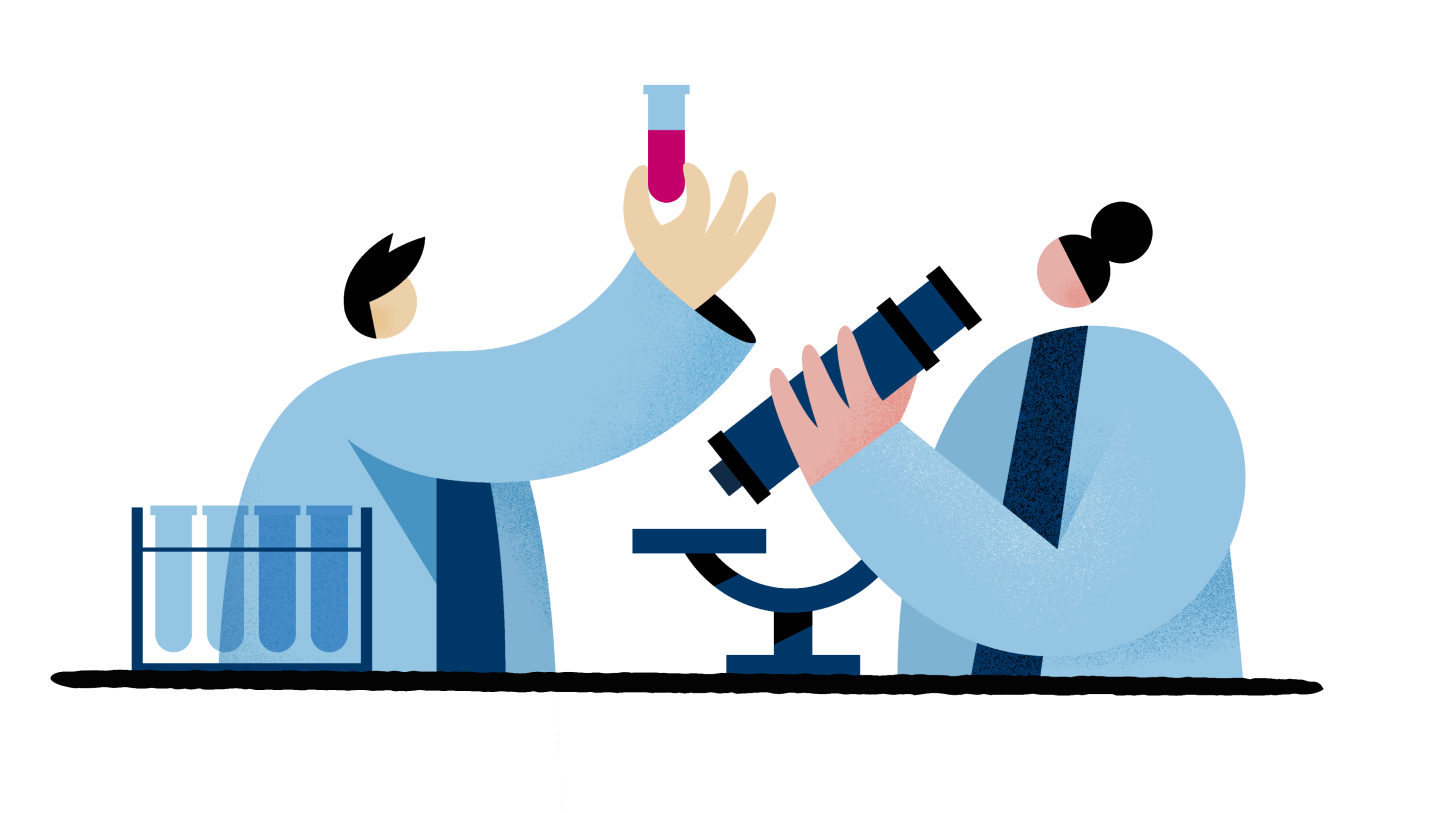
Cancer Clinical Trials
- Blood & Bone Marrow Cancers
- Brain, Spine & Central Nervous System Cancers
- Breast Cancer
- Childhood Cancers
- Endocrine System Cancers
- Gastrointestinal (GI) Cancers
- Genitourinary (GU) & Urologic Cancers
- Gynecologic Cancers
- Head & Neck Cancers
- Kaposi Sarcoma & AIDS-Related Cancers
- Lung & Chest Cancers
- Prostate Cancer
- Sarcomas
- Skin Cancer
Skin Screenings We Offer
Based on your personal risk factors for skin cancer, your doctor may recommend:
- Regular visual checks of the skin to look for abnormalities
- Biopsy to remove a small sample of tissue to check for cancer cells in a lab
Your Skin Screening Results
If you need a skin biopsy, rest assured we work quickly to evaluate and report your results.
Your care team will reach out to you directly to share results and discuss the next steps. You can also review your results within Montefiore MyChart, our online patient portal.
If you do receive a skin cancer diagnosis, Montefiore Einstein Comprehensive Cancer Center offers advanced skin cancer care.


